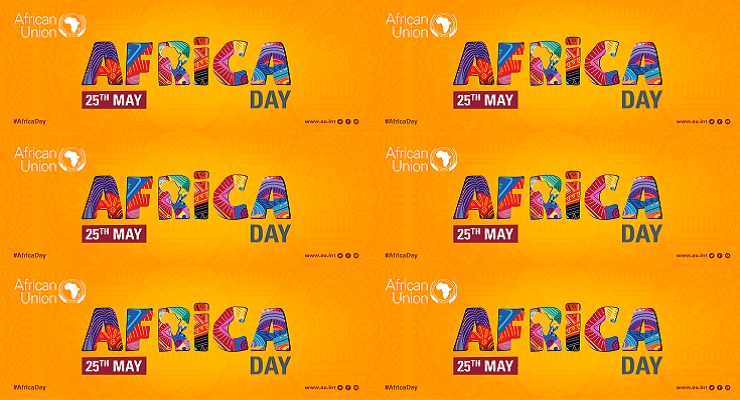 African Union countries will once again this week proclaim their “common unity of purpose” on the bloc’s 58th birthday. This will take place despite a wave of crises from unending wars that have rocked the continent from Mozambique to Libya, migration, terrorism, populism, blistering poverty, and the usual national debt crises. Covid-19 is just the latest of a host of other challenges clouding the celebration of the union formed to rebuild Africa from the ashes of colonial rule.
African Union countries will once again this week proclaim their “common unity of purpose” on the bloc’s 58th birthday. This will take place despite a wave of crises from unending wars that have rocked the continent from Mozambique to Libya, migration, terrorism, populism, blistering poverty, and the usual national debt crises. Covid-19 is just the latest of a host of other challenges clouding the celebration of the union formed to rebuild Africa from the ashes of colonial rule.
As usual, most of the 55 leaders will use Tuesday’s anniversary of the 1963 founding of the Organization of African Unity (OAU), now called the African Union (AU), to amplify tired rhetoric as leader after leader will hail the peace and prosperity they say the project has brought Africa following colonial rule. The ghost at this year’s anniversary will be how to accelerate the AU’s Covid-19 campaign as reports suggest that Africa currently represents 1% of the world’s rollout figures. According to AFP estimates, “more than 1.5 billion doses of anti-Covid jabs have been injected into people’s arms around the world, six months after the vaccination drive started”.
There is an almost complete consensus within the organization that although there have been significant reforms, the AU is overstretched in the post-independence era. But in no corner of the continent except perhaps inside the splash AU headquarters is there a lobby for the implementation of agreed reforms and perhaps further reforming the AU in line with the drive towards Agenda 2063: a commendable blueprint and master plan for transforming Africa into the global powerhouse of the future.
When it comes to restructuring, President Paul Kagame of Rwanda, who led a review of the AU in 2016, summed up the challenge in a speech in Addis Ababa in January 2017. Noting that the AU has had a history of goodwill that has not translated into change on the ground, he said: “Serious problems were repeatedly identified. Solutions were found. Decisions were made to apply the solutions. And very little happened.”
For instance one of the major 2016 reform agendas speaks to long-term financing of the AU. However, according to a June 2020 report published by the AU, only 17 countries are collecting the agreed duty of 0.2 percent on the import of eligible items from outside Africa that would enable the AU to be self-financing and not depend on donors. “Only 17 countries out of 55 Member States are collecting the levy. Though funds are being collected but are not remitted in full by some Member States. There is no enforcement mechanism to ensure the money collected is actually transmitted.” the report noted.
During this anniversary, there is no shortage of reform proposals and good intentions. In countless seminars, experts, and comics alike are engaging in extensive discussions about how to improve and finance a truly reformed 1.3 billion people-driven African Union that is moving resolutely towards implementing Agenda 2063.
Leave a Reply